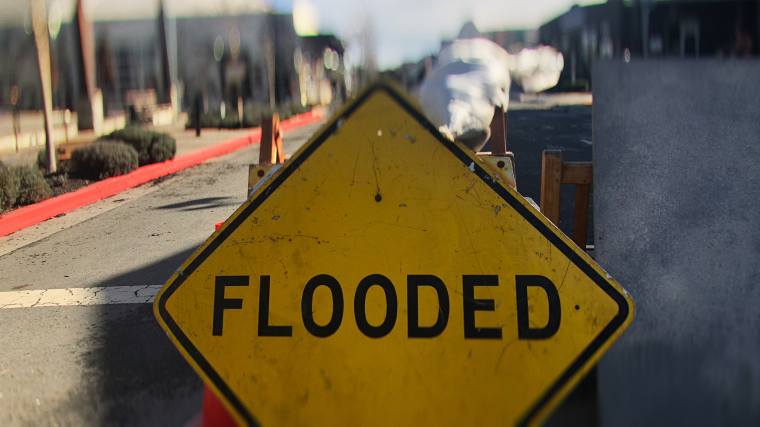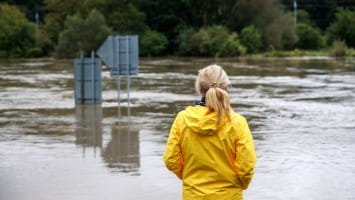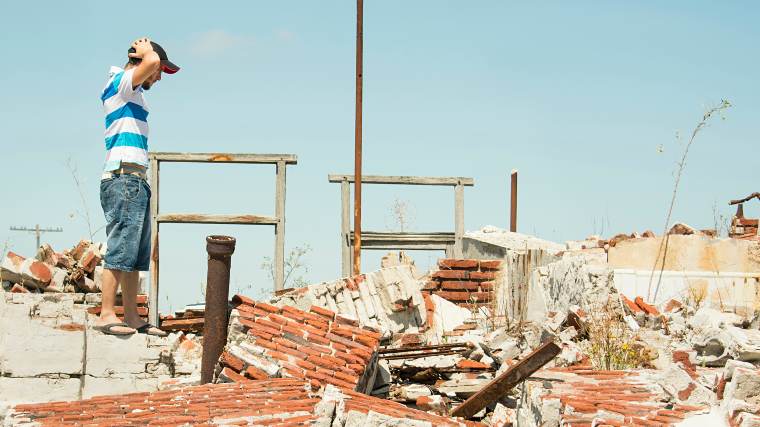Private Settlement Disaster Compensation: What You Need to Know

The following is presented for informational purposes only and is not intended as legal advice.
From earthquakes and tsunamis to wildfires and floods, the number of natural disasters has quadrupled since 1970, each one bringing hardship to survivors and communities. Each year, more than 160 million people around the world are negatively impacted by natural disasters.
However, while natural disasters have many causes, not all of them are natural. Many disaster events originate from - or are compounded by - human error, and victims may be entitled to private settlement compensation due to negligence or defect. Since disasters are costly, settlement compensation can provide valuable funding to help victims recover and rebuild their lives.
If you’ve ever seen the movie Erin Brockovich, this may already sound familiar. However, you may not know how settlement compensation relates to natural disasters, or how to avoid the scams that sometimes arise from them.
What Is Private Settlement Compensation?
Historically, litigation has played a prominent role in assisting victims’ recovery when corporate or government action (or inaction) contributed to the devastation of a disaster. For instance, in 2007, 250,000 New Orleans residents sought $278 billion from the US government for negligence in both planning and protection after Hurricane Katrina.
In a report on the tragedy, the National Wetlands Newsletter wrote, “Numerous other organizations, corporations, public officials, levee boards, insurance companies, and others are being sued for additional billions of dollars in damages — the list of attorneys involved in some of these cases goes on for pages.”
Similarly, in September 2019, PG&E, a California-based utility, reached an $11 billion settlement to provide compensation for its role in the 2017 and 2018 wildfires that devastated parts of California.
Specifically, victims are entitled to sue for negligence, product defects, and construction defects. While the litigation process can be complicated without proper guidance, it represents an opportunity to collect compensation from those responsible for driving up costs in the first place.
Most often, these opportunities exist in the form of class-action lawsuits brought about by law firms that see harm affecting a specific group of people. After identifying several representative victims, a firm may bring a lawsuit against responsible third-parties. When a settlement or judgement is reached, the attorneys receive a portion of the settlement as compensation for their efforts. While the named victims often receive a higher payout than the general population impacted by the catastrophe, all victims have an opportunity to claim a portion of the reward.
Simply put, when disaster strikes, there may be legal implications, and victims might be entitled to compensation. Unfortunately, what is meant to be an opportunity to accelerate recovery efforts is sometimes used by scammers to steal from unsuspecting victims.
How to Identify a Scam
The chaos and uncertainty caused by a disaster leaves vulnerable survivors susceptible to litigation-related scams. Collectively, fraud and scams cost victims billions of dollars in precious recovery funds. Identifying the signs of a scam is critical to protecting financial reserves and a successful recovery.
Signs of a claimant scam include:
- Unverified requests for personal information as part of a purported litigation process.
- Upfront costs for receiving litigation rewards.
- Pressure to participate or provide personal information.
- Robocalls soliciting personal details or information.
- Promises of future payout for personal participation.
Of course, avoiding scams doesn’t mean that victims should avoid lawyers, and formal legal counsel is advised for anyone considering pursuing legal action in response to a natural disaster.
To be sure, private settlements are just one way to help fund recovery from a natural disaster, and victims should pursue all available opportunities to attain the resources necessary to recover and restore their lives after a disaster. However, when legitimate settlements are available, they can provide substantial funding at a critical time.
Disasters create a sense of confusion and isolation, making timely scams particularly effective. However, nobody has to go through the process alone. If you want to ensure that a litigation reward is legitimate or if you need help identifying the authenticity of anyone offering disaster relief, contact Project Porchlight. Our recovery experts are trained to identify scams and can help you navigate the process with confidence.
Wherever you are in your disaster recovery journey, Project Porchlight is here to provide support and guidance. We can help you understand your options and put you on track to a full recovery as quickly as possible.















